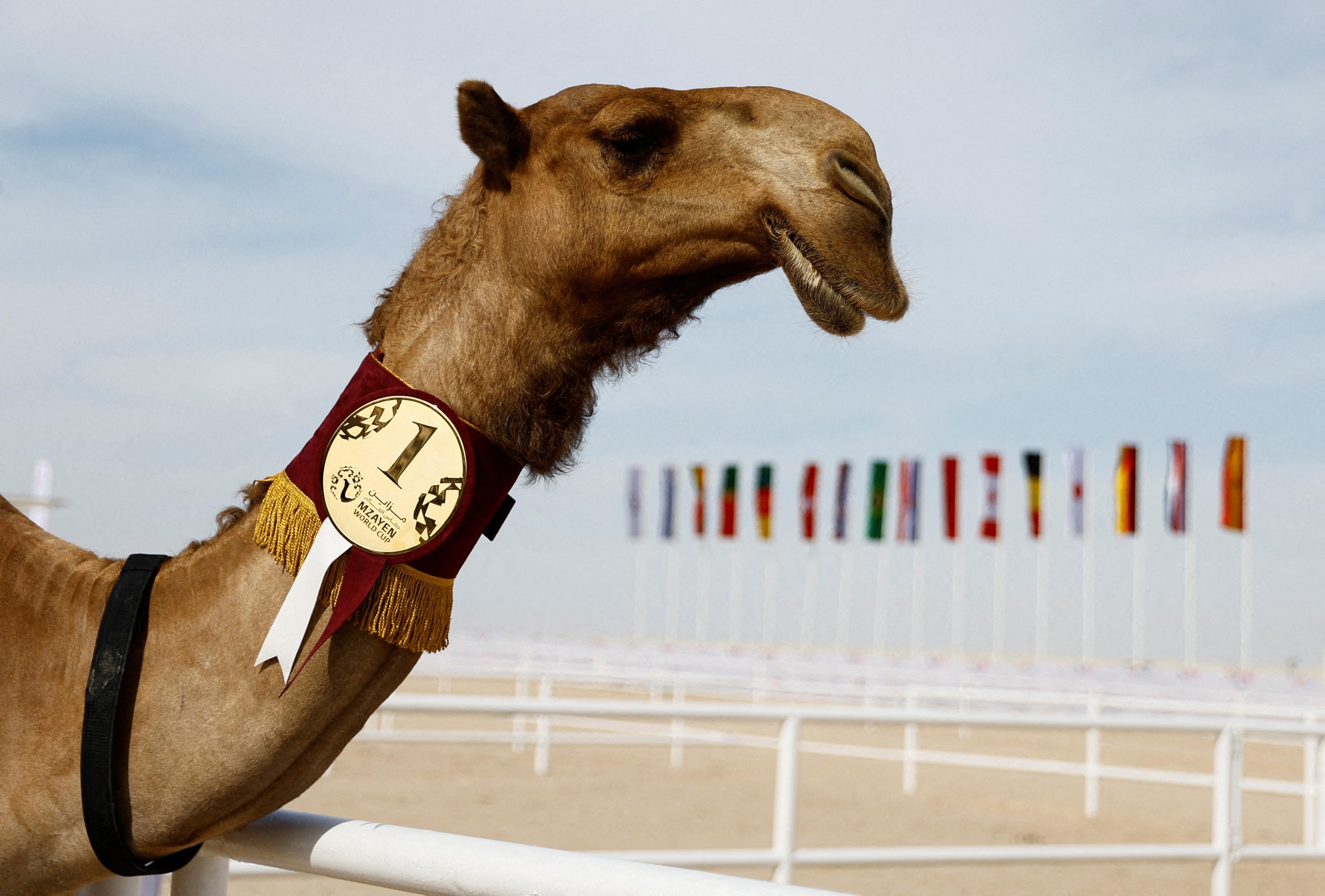Hard Numbers: All the pretty camels, Tigrayan troops withdraw, South Korean truckers strike, Bukele vs. gangs
55,000: Apart from the soccer World Cup, this week Qatar also hosted a beauty pageant for ... camels. After a similar contest in neighboring Saudi Arabia piqued our interest when dozens of animals were disqualified for using Botox, the Qataris went out of their way to make it a squeaky-clean competition. The winner — a light-haired camel who likes to bat her eyelashes and smile for the camera — fetched her owners the first prize of $55,000.
65: That's the percentage of Tigrayan rebel soldiers withdrawn from the conflict-ridden Ethiopian region one month after inking a cease-fire with the government, according to their commander-in-chief. So far, the peace is holding, but the Tigray People's Liberation Front still wants Eritrean troops and government-allied militias to stop fighting too.
2,500: Thousands of South Korean workers took to the streets of the capital, Seoul, to march in solidarity with some 2,500 striking truck drivers who are being forced to work by the government. A few days ago, pro-biz President Yoon Suk Yeol freaked out when container traffic plummeted and suspended the truckers’ right to strike over compensation for harsh working conditions and rising fuel costs.
10,000: El Salvador's tough-on-crime President Nayib Bukele has deployed 10,000 cops and soldiers to go after gangs in a town just outside the capital, San Salvador. It's one of the largest mobilizations of security forces since Bukele declared a state of emergency to crack down on gang violence in March.
This comes to you from the Signal newsletter team of GZERO Media. Sign up today.
